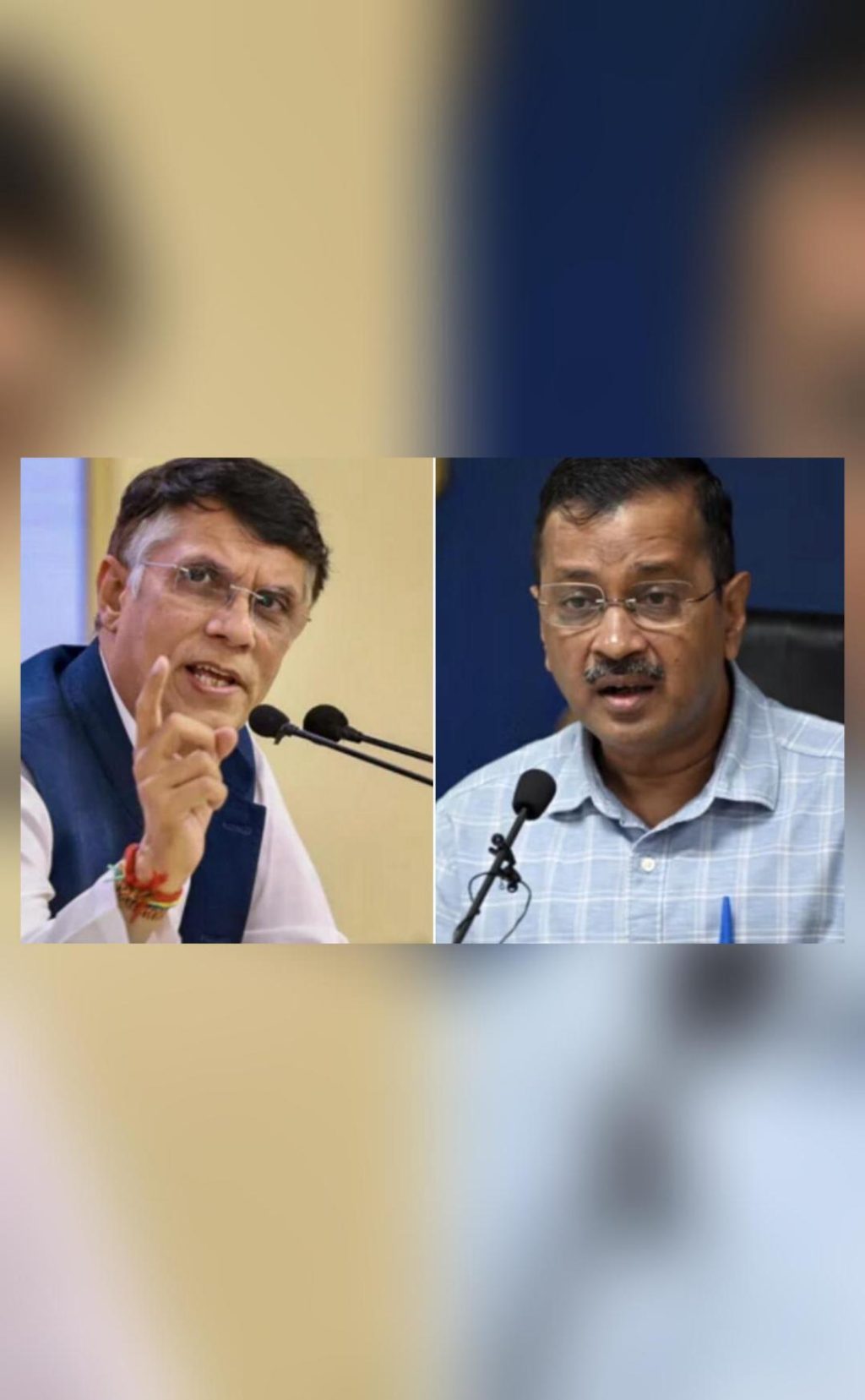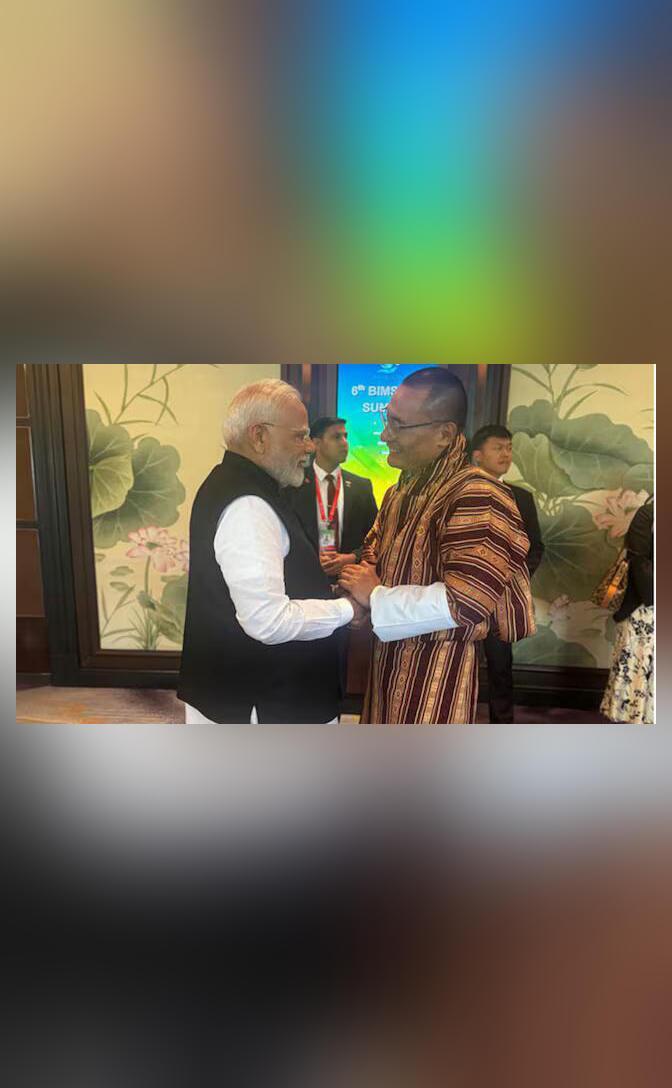
Kejriwal Dumped Himself Out of INDIA Bloc: Congress’ Khera
The political landscape of India has seen its fair share of twists and turns, with alliances forming and dissolving with alarming frequency. The latest salvo in this ongoing battle has been fired by Congress leader Pawan Khera, who has taken a direct shot at AAP national convenor Arvind Kejriwal. Khera’s statement, which has sent shockwaves through the political establishment, suggests that if it were up to the Congress, Kejriwal would not have been part of the Opposition’s INDIA bloc.
The INDIA bloc, which comprises of several opposition parties, including the Congress, AAP, and the Left, has been a significant force in Indian politics, with its collective strength posing a formidable challenge to the ruling BJP. However, Khera’s remark has raised questions about the nature of Kejriwal’s involvement in the bloc and the extent to which the Congress has been willing to accommodate the AAP leader.
In an exclusive interview with ANI, Khera was asked about Kejriwal’s involvement in the INDIA bloc, and his response was unambiguous. “I don’t think we on our own took him or dumped him. He dumped himself out,” Khera said, making it clear that Kejriwal’s decision to join the bloc was not driven by the Congress’s initiative.
Khera’s statement is significant because it suggests that the Congress has been unwilling to go out of its way to accommodate Kejriwal, despite the AAP leader’s vocal opposition to the BJP. Kejriwal’s decision to join the INDIA bloc had been seen as a major coup for the opposition, as it brought together several disparate groups under a single umbrella.
However, Khera’s remarks suggest that Kejriwal’s involvement in the bloc was not the result of any specific effort by the Congress to bring him on board. Instead, it seems that Kejriwal himself made the decision to join the bloc, potentially as a way to increase his own political leverage.
Khera’s statement has sparked a heated debate within the political establishment, with many questioning the extent to which the Congress is willing to work with the AAP. The AAP has long been seen as a thorn in the side of the Congress, with Kejriwal’s anti-corruption agenda and his willingness to take on the powerful BJP posing a significant challenge to the Congress’s political interests.
However, Khera’s remarks suggest that the Congress is not willing to compromise on its own interests in order to accommodate Kejriwal. As the biggest party in the opposition, the Congress has a significant amount of leverage, and Khera’s statement suggests that it is unwilling to surrender that leverage in order to bring the AAP on board.
Khera’s statement also raises questions about the nature of the relationship between the Congress and the AAP. Despite their shared opposition to the BJP, the two parties have often clashed on issues, with Kejriwal’s fiery rhetoric and the Congress’s more measured approach creating tension between them.
The Congress has long been seen as a more traditional, institutional party, while the AAP is often viewed as a newer, more radical force. This difference in approach has led to clashes between the two parties, with Kejriwal’s willingness to take on the powerful and corrupt seen as a major source of tension.
In conclusion, Pawan Khera’s statement has sent shockwaves through the political establishment, with many questioning the extent to which the Congress is willing to work with the AAP. While the INDIA bloc has been seen as a significant force in Indian politics, Khera’s remarks suggest that Kejriwal’s involvement was not the result of any specific effort by the Congress to bring him on board. Instead, it seems that Kejriwal himself made the decision to join the bloc, potentially as a way to increase his own political leverage.
As the political landscape of India continues to evolve, it will be interesting to see how the relationship between the Congress and the AAP develops. Will the two parties be able to put aside their differences and work together to take on the BJP, or will their differences prove too great to overcome? Only time will tell.
Source:






